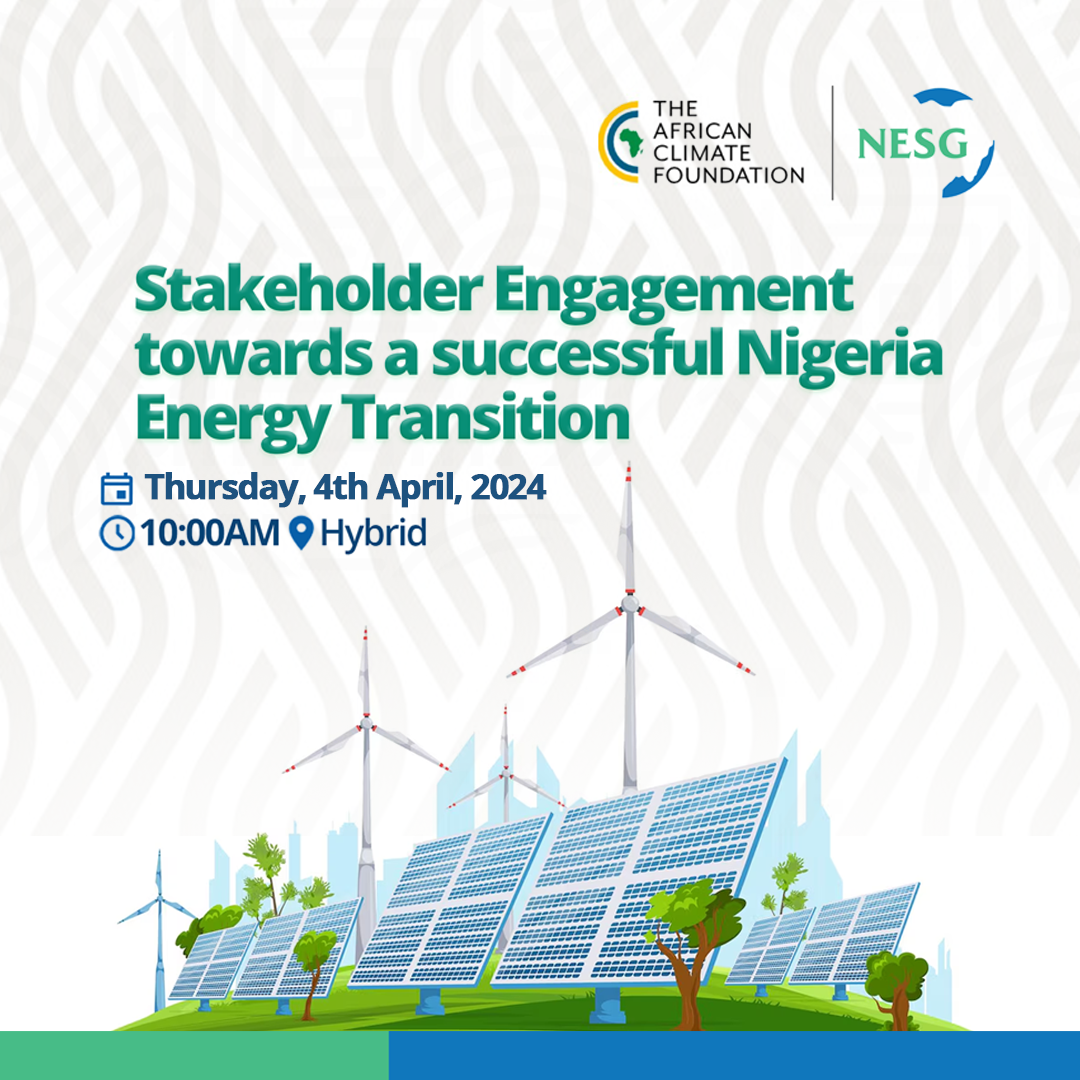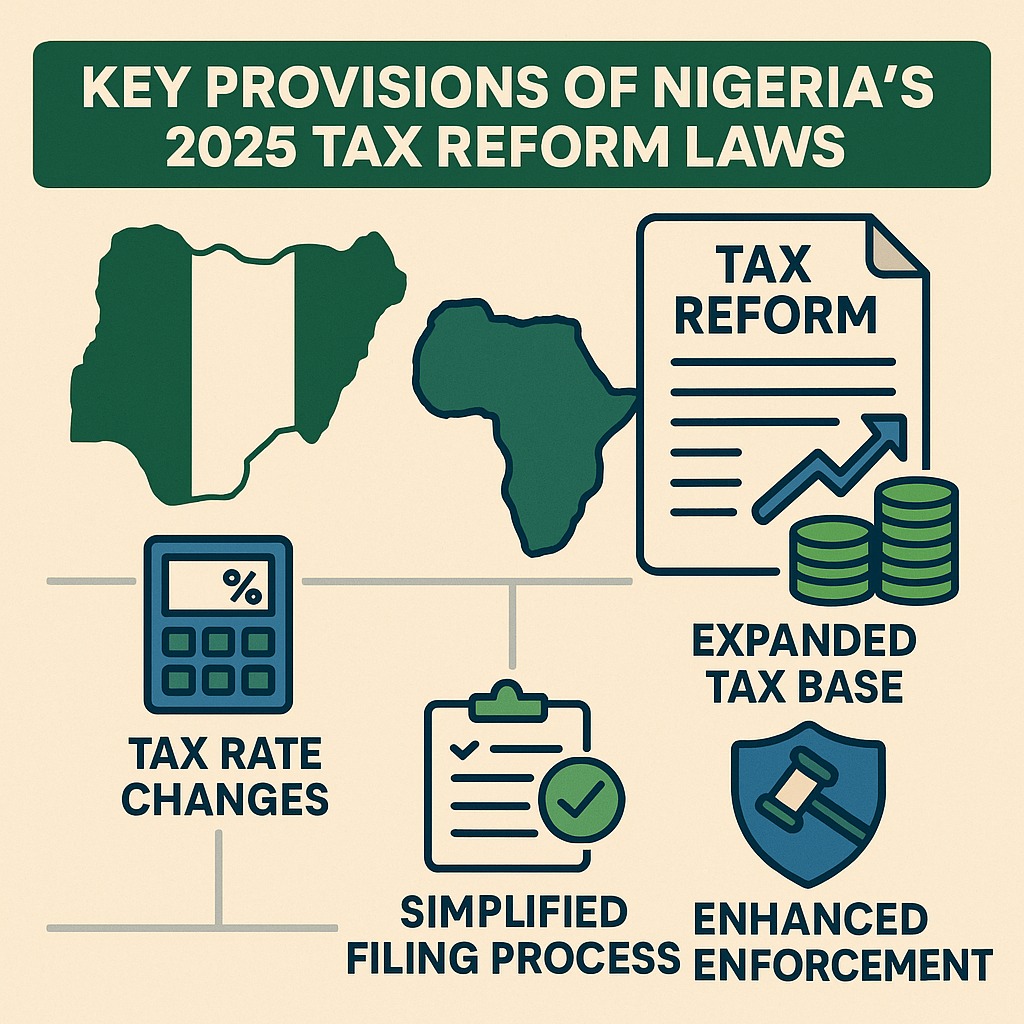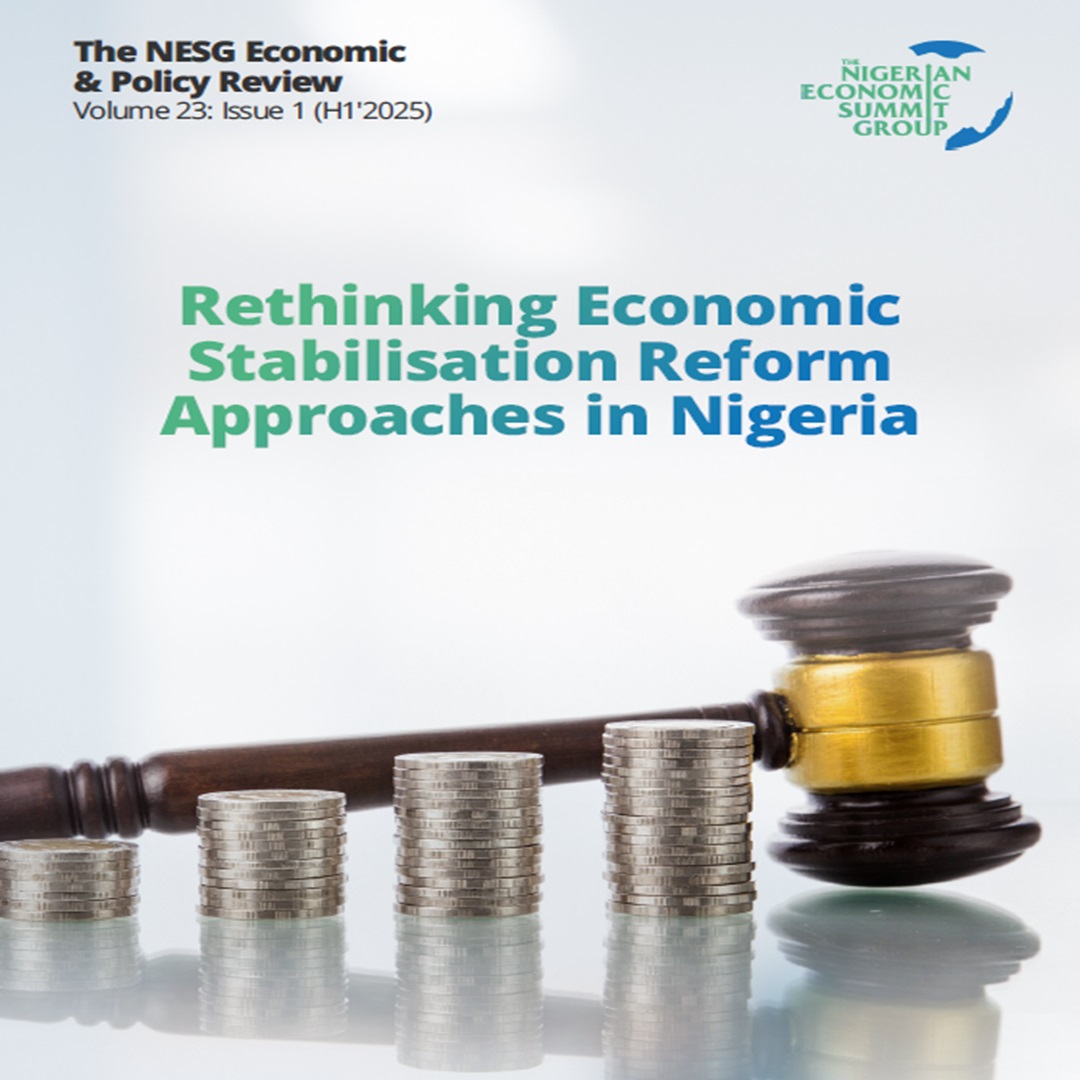Posted Mon, Mar 25, 2024 4:21 PM
Timeframe: Thu, Apr 4, 2024 2:00 PM - Thu, Apr 4, 2024 6:00 PM
Stakeholder Engagement Towards a Successful Nigerian Energy Transition (SESNET) Project

The role of Energy in reversing negative socio-economic outcomes, facilitating industrialization and job creation and ultimately engendering economic growth and development cannot be overstated. For Nigeria, a country contending with myriads of economic and socio-economic challenges, the inefficiencies and inadequacies of the energy sector have impeded Nigeria from meeting its expectations. Therefore, attaining an adequate energy supply might very well be catalytic for its economic and social development. Also, Nigeria's enormous resource wealth and large population size dominated by youth pose immense potential for Nigeria to dominate Africa's industrial sector.
In Nigeria, climate change has accelerated desertification in the north, floods in the middle belt, pollution and coastal erosion in the south. These issues have resulted in severe socio-economic consequences. As a result, the Nigerian government has taken significant measures to limit the impacts of climate change. In the coming decades, Nigeria has a unique opportunity to combine economic development and climate action.
Nigeria has made a commitment to achieving net-zero emissions and submitted its updated 2021 Nationally Determined Contributions (NDC) to the United Nations Framework Convention on Climate Change (UNFCCC). The country is currently implementing the Energy Transition Plan (ETP) which outlines the significant effort required to achieve the 2060 net-zero target while also meeting the nation's energy needs. Additionally, Nigeria has put in place several policies related to climate change, including the Climate Change Act of 2021, the National Climate Change Policy (2021-2030), and the National Climate Change Programme for Nigeria (2021-2030).
Furthermore, Nigeria created the Long-Term Low Emission Development Strategy (LT-LEDS), which builds upon the initial 2050 Long-Term Vision for Nigeria that was submitted to the UNFCCC during COP26 in 2021. At COP 28 in Dubai in 2023, Nigeria launched its LT-LEDS, representing a significant step in the country's commitment to addressing climate change and transitioning to a greener and more resilient future. The LT-LEDS aims to achieve a net-zero carbon economy by 2060.
The successful implementation of these policies requires the involvement of both private and public stakeholders. To strengthen public-private engagement and support the private sector participation in the implementation of the Energy Transition Plan and the carbon market, which is a crucial measure in addressing climate change challenges and promoting socio-economic growth, the Nigerian Economic Summit Group (NESG) and African Climate Foundation (ACF) have initiated the “Stakeholder Engagement Towards a Successful Nigerian Energy Transition (SESNET) Project."
The SESNET project aims to promote an energy transition in Nigeria that fosters inclusive development, climate change resilience, and economic growth by unlocking opportunities in the energy sector and carbon market. To achieve this, the project will generate information and policies that support interventions in different areas, such as private sector development, employment opportunities, research and development, and more.
This event aims to promote discussions on the different elements of the Nigerian Energy Transition and Carbon Finance/Carbon Trading Landscape. The event is designed to encourage public sector stakeholders to share their opinions and engage in discussions about the energy transition plan and the carbon market. A previous event was held focusing on the private sector's perspective, and this event aims to strengthen public-private sector engagement towards the energy transition goal.
Find an event
Latest Releases

A New Fiscal Framework: Key Prov .. Read
2 weeks ago

NESG Economic and Policy Review .. Read
1 week ago

Development as Attitude – NHP Na .. Read
4 weeks from now
